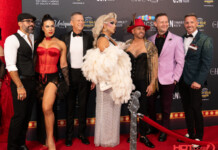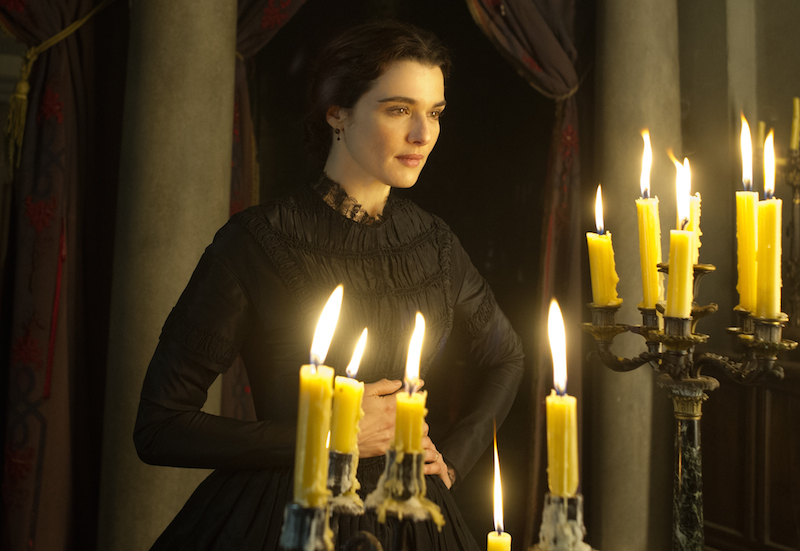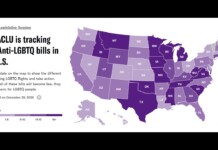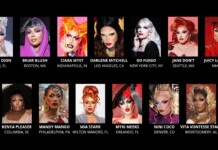Did she or didn’t she?
The plot of the movie, My Cousin Rachel(and, of course, the book) is of a rather naive young bachelor struggling to determine if his deceased guardian’s charming widow is either the woman of his dreams… or a cold-blooded killer and inheritance-chasing gold-digger.
But when Rachel eventually arrives to visit the estate of her late husband, Philip meets a woman who seems nothing like the black-hearted poisoner of Ambrose’s deathbed ravings.
When leaving a movie, I usually know what the outcome was, and it’s generally wrapped up with a beautiful bow. However, when I left My Cousin Rachel, the question was: Did she or didn’t she?
It’s been about three weeks and I still can’t answer the question, but I am excited as I am about to interview Rachel Weisz (who plays Rachel) and I am sure she will answer my conundrum.
Q: Can you start off with talking about researching the role and how you wanted to make it different from others who have played it?
A: I didn’t watch the original 1950s classic, because I didn’t want to have Olivia de Havilland’s performance in my mind. But I did read the novel, because obviously I could interpret that in my own way and not be haunted by another actress’ reading. I read the script and I like to ride side-saddle — and that was about it in terms of active research. The rest is just imagining.
Q: You were in Rent a while ago. Can you talk about possibly doing other LGBT movies, or how that one affected you?
A: I just produced and starred in a film called Disobedience, an adaptation of a Naomi Alderman novel, which is a love story between two women. Disobedience is just in post-production right now. It’s a novel that I optioned and sought out the director and found the financing and we made it at the beginning of this year in London. It stars Rachel McAdams and Alessandro Nivola. It’s set in the Orthodox Jewish community of North London.
Q: Could you speak a little bit about the decision of how to play Rachel and find that balance? Did you work closely with the director? Did you rely on your interpretation?
A: I made a decision. When I first read the script, I didn’t know. It was open to interpretation and ambiguous as to did she or didn’t she but I made a decision before I actually played her as to whether she was guilty or innocent. The director asked that I keep that a secret from him, so I did — it’s a secret still. He still doesn’t know.
Q: Most of the big films being released today are the big special effects blockbusters, Star Trek, Star Wars, Superman vs. Batman. Can you address the challenges in releasing a film like this and getting people to come to see a film like this in today’s market?
A: Honestly, I don’t know because it’s not my job to market a film. But we have an exemplary company with Fox Searchlight and 20th Century Fox marketing and producing the movie, so this is their specialty. They make specialty films, which are giving people alternatives to the wonderful blockbusters that are out there. This is for someone who wants to see something different.
Q: One of the things which was so fascinating about the physical look of the movie, was the way that you used the period clothing and also very formal manners as a sense of personal expression for the character. Can you talk a little bit about that? How did you maneuver in all those big costumes yet still be so expressive?
A: Well, wearing a corset, you can’t put it on yourself, someone has to lace you in. So it takes time and once you’re in it, you’re very restrained and it immediately makes you more formal, more poised. You feel less modern, you feel, I guess it’s kind of like a cage of femininity strapped on to you. It’s quite intense, wearing a corset. You can’t breathe. I understand why women used to say, you can only shallow breathe. It’s a whole other feeling, than if I was in jeans and t-shirt. There’s a certain oppression of the time that is expressed through the clothes, and also beauty, there’s great beauty in them as well.
Q: I thought one of the things which really drove the movie forward was the way that Louise Kendall serves as a really unexpected foe to Rachel, playing her own strategies against it. Can you talk about, did you and Holliday Grainger work through some of those or did that just kind of evolve as you were filming?
No, no. In fact, I saw her earlier today. She had no idea, and neither did I. When I saw the finished film a few days ago, I suddenly was, ‘oh my God, is Roger, the director, suggesting that there’s a possibility that Louise was the bad guy, if you like. And she had just plotted against Rachel to get what she wanted, which was marriage and children, nothing wrong with that. But she might’ve spun stories about Rachel.’
Q: For the last question, can you please tell us whether or not you decided her guilt or innocence now that the film is out?
I’m afraid not, I can’t, I’ll take it to the grave. I’m so sorry (Authors Note: Damn, now I will never know).
My Cousin Rachel is in theaters now nationwide. If anyone can figure out if Rachel she is guilty or innocent, please let me know!














